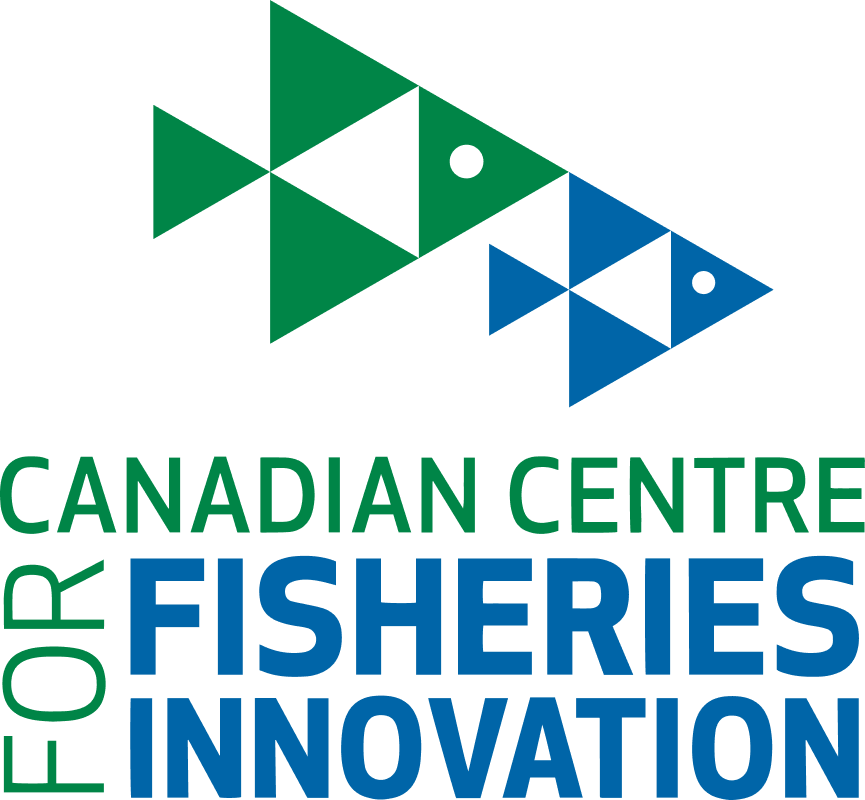AQUACULTURE
Today, more than half the world seafood is produced from sea farming. In 2020, global aquaculture production reached a record 122.6 million tonnes, with a total value of USD 281.5 billion, clearly demonstrating the value of this fast-growing industry. In Canada, aquaculture activity is primarily focused on finish (primarily salmon and trout), and shellfish (mostly clams, mussels, oysters, and scallops) though other species are also being farmed.
Commercial aquaculture in Canada is a thriving sector employing over 20,000 Canadians in the production process from egg to plate, and there are more than 50 First Nations participating in the aquaculture sector in Canada, which goes to show the economic significance of this growing industry to the national economy, especially rural and remote communities.
Working with stakeholders in this sector, CCFI has helped develop innovations to promote fish health, especially with respect to sea lice mitigation and disease prevention, and we continue to support research into farming new species for global markets. A few examples of our work in this regard are presented below.
FAQs
CCFI has supported research into many initiatives aimed at promoted fish health within the aquaculture sector. One example would our efforts to support research into mitigating the presence of sea lice at farm sites. Sea lice are a naturally occurring parasite found on marine fish, and can pose a challenge to sea farmers as they raise their fish at sea over the course of several months. Projects related to sea lice mitigation include years research into “cleaner fish,” which are fish that are added to farm sites to swim with the finfish being raised to protect them by eating sea lice at the site. CCFI’s longstanding research partners at Memorial University’s Ocean Sciences Centre have played an integral role in advancing this work, and won the Aquaculture Association of Canada Research Award of Excellence in 2022 for their contributions.
CCFI continues to play a vital role in supporting research into new farming opportunities off the coasts of Newfoundland and Labrador. This includes research into the viability of farming and processing seaweed in various areas of the province. The global value of seaweed has been estimated to be more than $18 billion and growing, which speaks to the tremendous opportunities that exist in this area.
CCFI supported research to help a mussel producer enhance how long its mussel product would stay fresh in jars on store shelves. The research conducted helped the producer significantly lengthen the time its mussel product would stay fresh in stores, making the product more attractive to retailers, and improving profitability.

